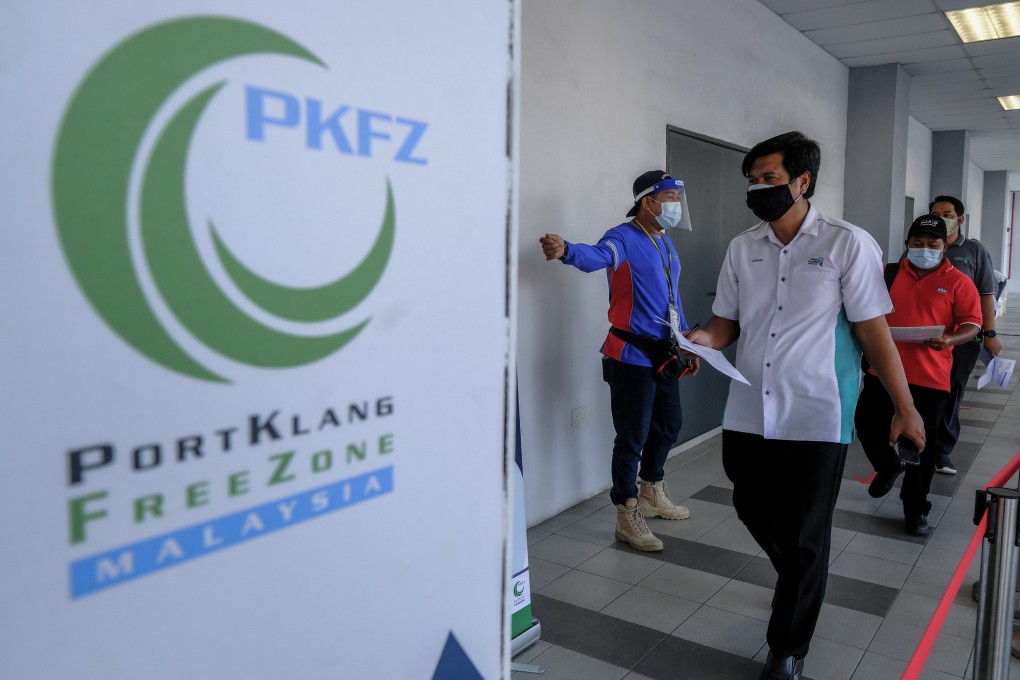Opinion | Why Hong Kong should give excess Covid-19 vaccines to seafarers
- Hundreds of thousands of seafarers have been stranded at sea or marooned at home, putting great stress on their well-being and straining global supply chains
- Hong Kong is in the unique position of having extra vaccines and being able to lead a global humanitarian effort to aid these maritime heroes

Many of us in Hong Kong go about our lives unaware of our dependence on an invisible workforce for the delivery of our daily necessities and conveniences. From the food on our table and life-saving medicines to fuel, cars, electronic devices and clothing, the list is endless.
At the height of the crisis, some 400,000 seafarers were stranded on board their vessels far beyond their contracts – in some cases, for as long as 18 months. A similar number have been marooned at home, out of contract and unable to earn a living.
The situation remains critical, but thankfully there now appears to be a way out through vaccinations. However, many seafarers are from India and the Philippines, where vaccines are in short supply. By contrast, Hong Kong is in the envious position of having more vaccine supply than demand.

